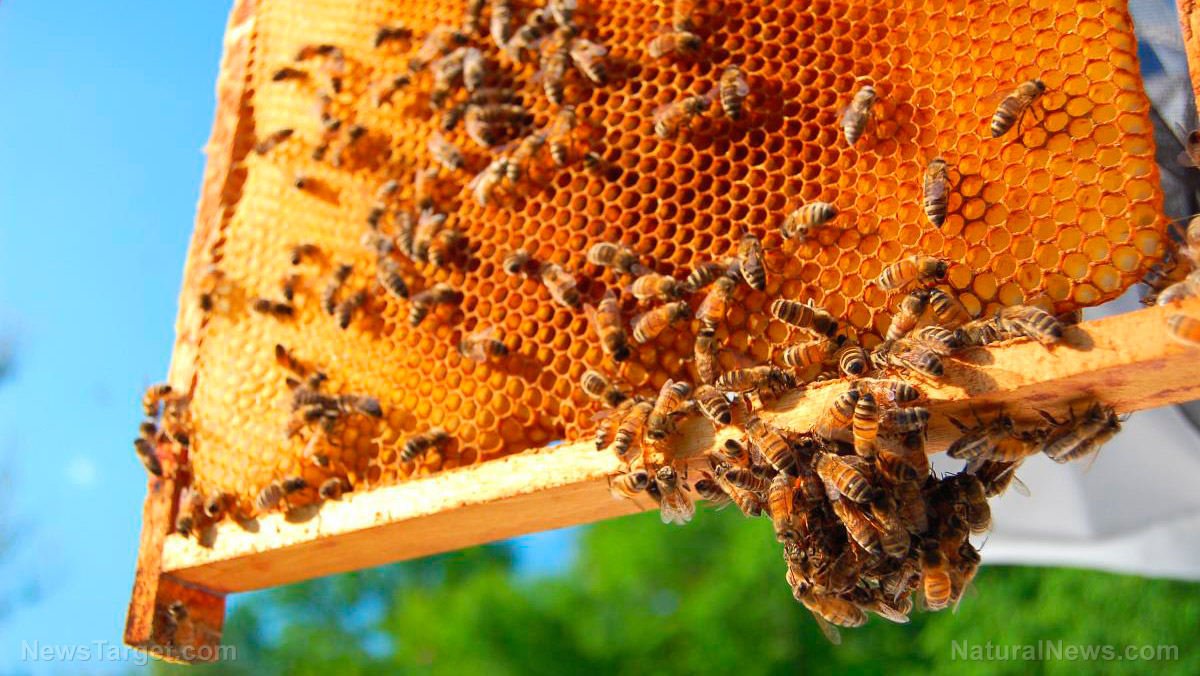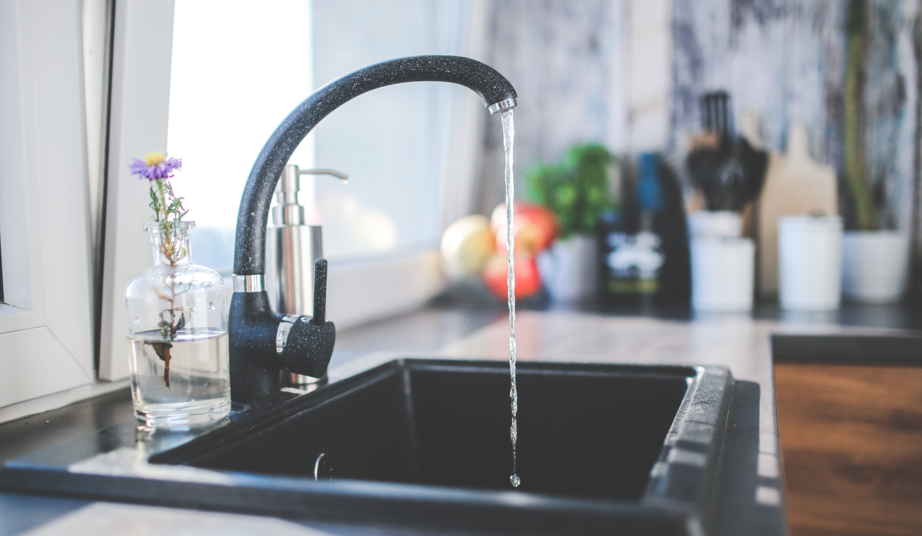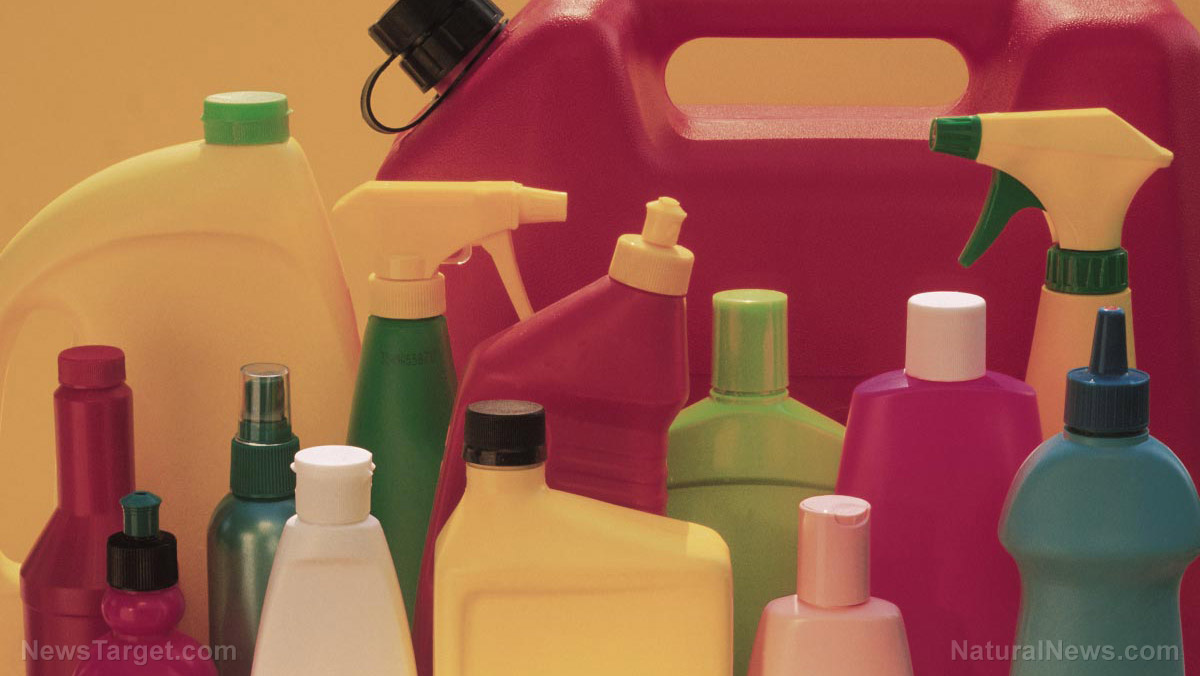HEPA filters used in the home significantly reduce fine-particulate matter, researchers confirm
12/10/2018 / By Edsel Cook

You might not be able to clear away the smog that darkens the skies of your city or town. But you can definitely improve the quality of the air inside your home. A Science Daily article suggested that high-efficiency particulate air (HEPA) filters can decrease indoor air pollution very effectively, especially when compared to conventional counterparts.
Utah-based researchers from Intermountain Healthcare (IH) recently presented the results of their 12-week-long experiment. They kept track of the air quality in the homes of patients with respiratory issues.
Some of the homes were fitted with air filters, while others featured HEPA filters. The latter proved to be much more effective at removing fine particulate matter (PM2.5) from the air.
PM2.5 are very small airborne particles. Usually connected to heavy air pollution, they can cause respiratory problems, induce heart attacks, and aggravate existing ailments such as asthma.
The IH researchers reported that HEPA filters removed more than half of the tiny particles in the indoor environment. Furthermore, the filters reduced the amount of new air pollutants that came from outside the house by nearly a quarter. (Related: Follow these effective tips to improve air quality in your home.)
Running a HEPA filter in a closed house keeps indoor air breathable
The Salt Lake Valley in Utah is prone to temperature inversions during the winter season. These inversions trap cold air full of pollutants inside the Valley, leading to some of the lowest air quality levels in the United States.
The IH researchers investigated the effectiveness of HEPA filters during the 2016 and 2017 temperature inversions. They evaluated the filters’ ability to scrub indoor air during days when the outdoor air pollution was particularly bad.
For their experiment, they set up air filters inside 52 homes. During the first six weeks, HEPA filters were used to scrub the air. For the second half of the trial, they switched to a less efficient air filter.
“One of the reasons we wanted to research the effectiveness of HEPA air filters in the home is because people often ask what they can do to protect their lungs during poor air quality days,” explained IH researcher Denitza Blagev.
She and her teammates learned that closing all of the windows in the house before running a standalone HEPA filter can ensure indoor air remains clean. Furthermore, the HEPA filter can maintain the air quality indoors even when the outdoor air pollution gets really heavy.
In addition to testing the efficacy of the different filters, they also set up air quality monitors inside and outside the participating homes. These equipment let them compare the quality of indoor and outdoor air throughout the experiment.
A supply of clean helps people recover from respiratory ailments
“Our next steps will be to look at whether the HEPA filter cleans the indoor air enough to help alleviate symptoms in patients with COPD or asthma during poor air quality days,” remarked Blagev.
The IH researchers usually advised patients with respiratory problems to remain in their homes during days when the fine particulate matter is particularly rife in the air. They believe the results of their research can help them improve the quality of indoor air as well.
Patients with access to cleaner air show fewer symptoms of their respiratory ailments. Their lungs are better protected from toxic air pollutants.
The IH researchers admitted that filters are not a complete solution to air pollution. They stressed the important of reducing outdoor air pollution in order to better protect indoor air quality.
If using artificial air filters doesn’t appeal to you, there are indoor plants that can scrub the air.
Learn how you can keep at Pollution.news.
Sources include:
Tagged Under: air pollutants, clean air, fine particulate matter, HEPA filters, indoor air, indoor air pollutants, respiratory health



















